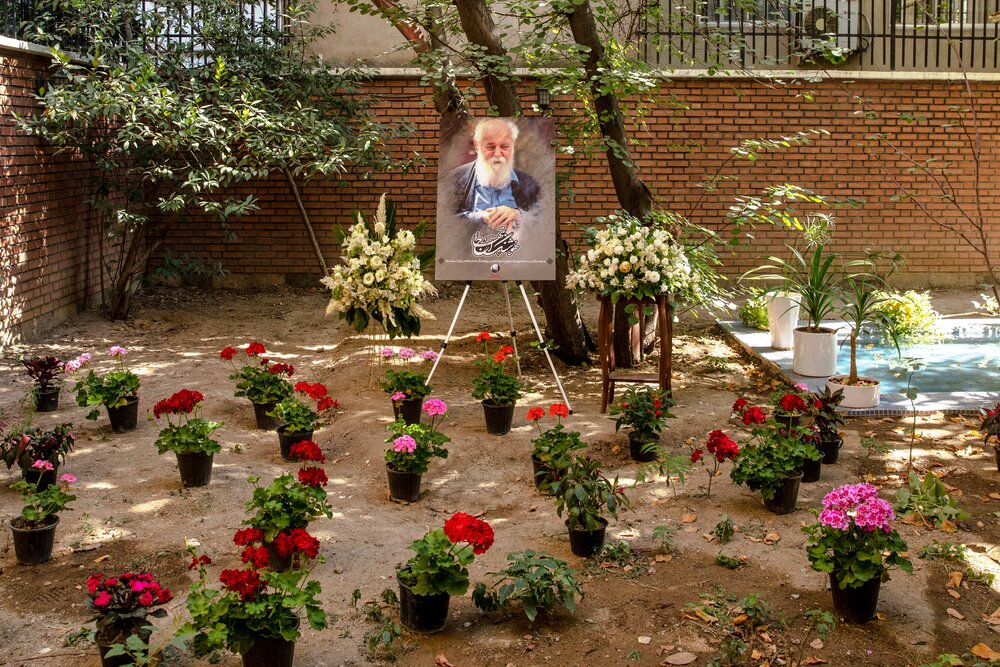German court blocks repatriating remains of Iranian poet over daughter’s complaint

TEHRAN – Iran Music House said on Saturday that a German court has prevented repatriating the remains of renowned Iranian poet Amir-Hushang Ebtehaj over a complaint from his daughter.
The court will hold a hearing on Monday to investigate the case, the house added, but it didn’t refer to the subject of the complaint from Ebtehaj’s daughter.
94-year-old Ebtehaj, who wrote under the pseudonym of “Sayeh”, died from complications related to old age in Cologne, Germany, on August 10.
Afterwards, Iran’s Ministry of Culture and Islamic Guidance said that it is ready to transfer Ebtehaj’s remains from Germany for burial in his homeland.
Ebtehaj was scheduled to arrive in Tehran last Wednesday. His funeral was planned to be held in his hometown of Rasht on Friday after a public farewell to the poet in front of Tehran’s Vahdat Hall on Thursday.
However, all the arrangements were canceled after the culture ministry said that the transfer of Ebtehaj to Iran was postponed allegedly due to some official issues in Germany.
Meanwhile, there were also requests for permission from Iranian officials to bury Ebtehaj in his Tehran home under a Judas tree, for which he composed a poem.
The Ministry of Cultural Heritage, Tourism and Handicrafts denied the requests due to a law forbidding any burial in a historical site in Iran.
Located in Anushirvan Street near Ferdowsi Square, Ebtehaj’s house was registered on the national cultural heritage list in 2008.
Iranian literati consider him the last peak among the few prominent poets of contemporary Persian literature. He composed in ghazal, the most important Persian lyrical form influenced by the classical Persian tradition. He also produced collections in blank verse, for which poet Nima Yushij is known.
He created his debut collection, “Early Songs”, when he was 19. The collection was followed by “Mirage”, “Siah Mashq” and several other books, including “Mirror in the Mirror” and “Hafez by Sayeh’s Exertion”.
In 1971, his love of poetry and music drew him to Tehran Radio, where he was selected as the director of Golha, a professional program of traditional Persian music. With contributions from vocalist Mohammadreza Shajarian and top musicians such as Mohammadreza Lotfi, Parviz Meshkatian and Hossein Alizadeh, he recorded numerous albums, which are considered a great treasure of Iranian music.
“Sepideh” (“Dawn”) was one of the songs composed by Lotfi with a poem by Ebtehaj. Shajarian performed the song, which is also known as “O Iran, the House of Hope”.
Photo: A portrait of Amir-Hushang Ebtehaj is placed in memory of the Iranian poet under the renowned Judas tree in his house in Tehran on August 13, 2022. (ISNA/Sara Sabzi)
MMS/YAW
